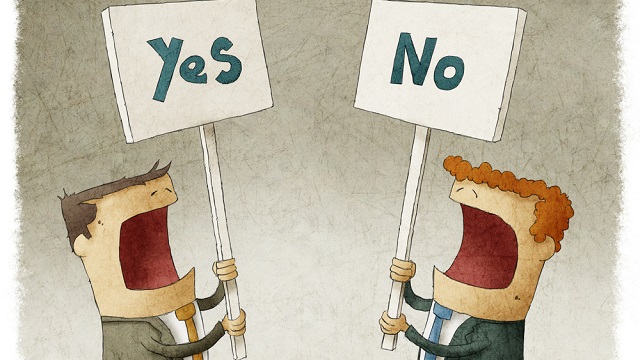
While it’s true, a good personal credit score is an important metric small business lenders use to evaluate a business owners credit worthiness, a less-than-perfect credit score doesn’t rule out a loan provided other metrics look good.
Before you start looking for loan, make sure you have a handle on these four things:
1. What is my personal credit score? Knowing your personal credit score will help you avoid wasting time with lenders who are unlikely to offer you a loan. For example, there may be some bankers who will dip below this threshold, but if your personal credit score is below 680, it’s unlikely you’ll get a loan at the bank. And, while the SBA will approve a loan application if your personal score is 650 or better, you’ll likely need substantial collateral. Many of the new breed of online lenders might approve a borrower with a score in the 500’s, but they will need to demonstrate they have a profitable business. Additionally, you should be aware that while financing may be available for those with a poor personal credit score, it will likely come at a premium compared with traditional bank financing.
2. How long have I been in business? Of all those businesses that start today, only about 50 percent of them will be around five years from now. Because of that, most traditional lenders, like banks, want to see a few years of track record under your belt. Many online lenders are willing to work with healthy businesses that have been around for only a year, but it’s unlikely the bank will. A less-than-perfect personal credit score makes it even harder for a young business to get a small business loan through the bank, but the bank isn’t your only option.
3. What are my annual revenues? While every lender has different requirements, what they’re looking for is a business that’s capable of making the regular periodic payments. Even if you have a 720 personal credit score and have been in business for five years, it will be very hard to get a loan if you have no revenue or can’t otherwise demonstrate your ability to make loan payments. If you have revenues of at least $100,000 annually, you have loan options—even with a weaker credit score.
4. What does my cash flow look like? In addition to annual revenues, you’ll need to understand the nature of your cash flow. This will help you determine what type of loan terms might work for you. Small businesses with multiple daily transactions have options unavailable to businesses that rely on a handful of monthly invoices. Many online lenders use daily or weekly direct debits from your business checking account as loan payments, so the manner and frequency of cash into your business provides loan options. In other words a healthy cash flow will often make it possible for business owners with less-than-perfect credit to get a small business loan.
Maintaining a good personal credit score is still critically important and while it is possible to get a small business loan, a poor credit score limits your options and will likely make the financing more expensive. The need to maintain a good personal credit score (in addition to a strong business credit profile), as a small business owner will probably never go away. So while a weak credit score doesn’t rule out some financing options, once you find the loan you need, taking steps to improve your credit profile should be a top priority.
Interested in learning more about a business loan with low personal credit requirements and doesn’t require specific collateral? Check out our explanation page here.